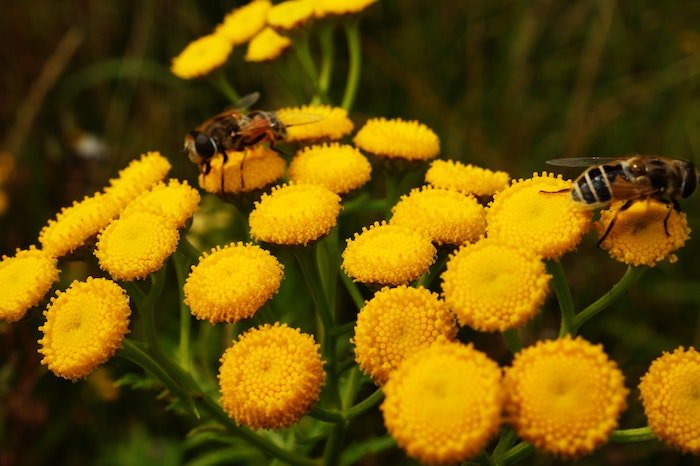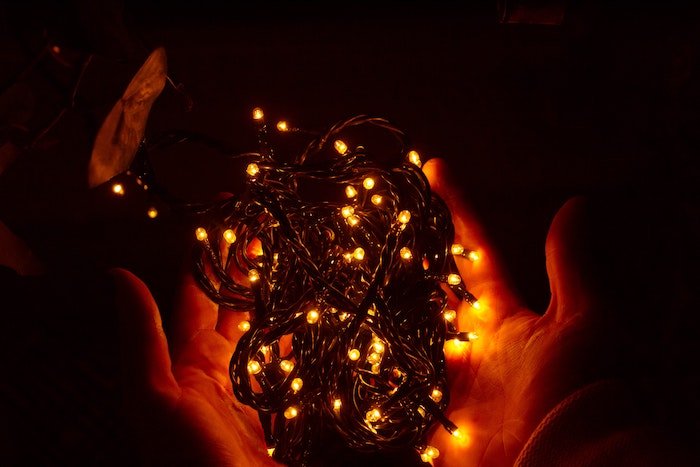Fed up with the almost constant stream of bad news that seems to flow into your consciousness? If so, you're not alone. Read on to discover just a few of the brighter things that happened over the course of November 2017 in our positive news round-up from Ed Gould.
1. Dogs love human smiles
Humans might be the only animals capable of smiling, but dogs can recognise the facial alteration in humans they know and, therefore, detect happiness. What's more, they respond positively. Research at the University of Helsinki has revealed that dogs seeing their owners smile will prevent them from feeling fear and improve their emotional well-being! The professor who led the study said that the effects of smiling promote dog-human communications no end. The key to the way in which dogs focus on their visual world, and see their owners smiling, is a hypothalamic neuropeptide oxytocin, which also affects the social behaviour of other mammals, including humans.

Furry good news: canines can detect – and share – happiness in their owners
2. Origami inspires engineering breakthrough
Scientists from Harvard University and the Massachusetts Institute of Technology have used techniques drawn from the ancient Japanese art of paper folding, origami, to develop new lightweight engineering techniques. Developing robot muscles and skeletons for limbs means needing a light, but stable structure and using paper folding methods has led to some remarkable results in the field of robotics.
3. Woman with Downs Syndrome breaks down barriers
US beauty pageants may not be everyone's thing, perhaps because they seem to promote conformity to a particular look or lifestyle. However, one entrant to a pageant in Minnesota in November broke the mould because she entered even though she has Downs Syndrome. In a first for America, it turns out that Mikayla Holmgren was the first entrant in Miss USA to have any form of disability. Holmgren won Miss Minnesota Junior Miss Amazing in 2015 and is now set to continue her career.
4. Irish scientists offer hope to those with Parkinson's Disease
A debilitating disease for those who have it and their loves ones, Parkinson's patients have been offered a ray of light thanks to work conducted at the National University of Ireland in Galway. Publishing their findings in the academic journal Scientific Reports, the team claimed that brain repair for people living with Parkinson’s can happen. Their method means replacing the dead brain cells they find and transplanting healthy ones in their place. In more positive news, Niamh Moriarty, a PhD student who has been working on the project, was recently given a highly competitive Travel Award from the Campaign for Alzheimer’s Research in Europe in recognition of her contribution.
5. New generation of insecticides will not harm bees
Bee-friendly insecticides are being developed which will allow farmers to keep their crops safe from pests while protecting bees. Professor Ke Dong, an insect toxicologist at Michigan State University who co-authored a report into the new generation of insecticides, said that his team's observations “open the possibility” of designing a range of new methods of controlling insects which are pests whilst protecting those which are not, namely bees.

Buzzing news: essential new insecticides are being developed which will not harm bees
6. Technology used to help reduce suicide risk
The social media giant Facebook announced in November that it was starting to use artificial intelligence algorithms to detect whether a user might be at risk of suicide. Essentially, the algorithm it has put together identifies whether a user is showing signs of suicidal thoughts or might be considering self-harming. The idea is for Facebook to then step in, if necessary by alerting emergency services. According to the Times of India, the system is being rolled out from the US to other countries.
7. Research offers new hope to bald people
Going bald can be a traumatic thing for both men and women, especially when there's little that can be done about it. However, new scientific work has led to a discovery that may bring some happiness back to those afflicted. A protein that is known to be responsible for hair loss in androgenetic alopecia, the most frequent form of baldness in adults, has been identified. By controlling the protein with a yet-to-be-developed therapy, it should be possible to treat this type of baldness in people in future. In the meantime, the research team has developed a treatment that has been shown to promote follicle growth among mice in the laboratory.
8. Firefighters perform a festive good turn
When a man who was hanging up his Christmas lights fell from his ladder, the emergency services in his part of America needed to be called out. Unfortunately, the man in question had to be rescued and then hospitalised due to his injuries. However, the firefighters who came to the scene were not content with that and finished the job of arranging his festive lighting for him to come home to. Now that's real festive spirit!

Let there be light: firefighters shared the Christmas spirit when they were called out to a man's home
9. Burns victims face improved recovery
According to research undertaken in the UK, something as simple as a vitamin D pill could help untold numbers of people to recover from burns with less scarring. The study has shown that patients with higher levels of vitamin D in their body face fewer complications when they are recovering from a burn injury. Anything from major burns to a little sunburn will be less affected by permanent scarring if patients top up on their vitamin D intake, it's claimed.
10. Cancer modelling may lead to diminished numbers of animal tests
The Institution of Engineering and Technology awarded a prize fund that will be used to create three dimensional engineered functional cancers, following a breakthrough in the technology. Professor Rui L Reis, who is based at the University of Minho in Portugal, won the prize to continue his modelling work which, it is hoped, will mean fewer animals are tested in medical laboratories when regenerative therapies need to be assessed. That has to be positive news for all animal lovers. ●
Photos: Colourbox.com
Written by Ed Gould
 Ed Gould is a UK-based journalist and freelance writer. He is a practitioner of Reiki.
Ed Gould is a UK-based journalist and freelance writer. He is a practitioner of Reiki.





Join the conversation
You are posting as a guest. If you have an account, sign in now to post with your account.
There are no comments to display.